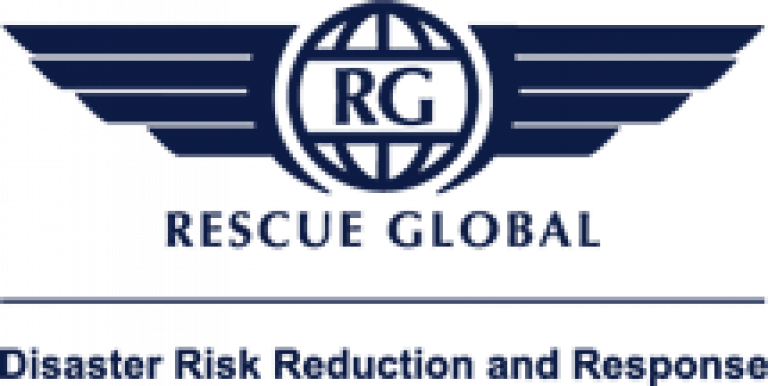Academic Summit 2016 Programme
21 April 2016
Disaster Risk Reduction and Human Mobility Sponsored by Rescue Global Thursday 16th June 2016, 09:30-17:00 Gustave Tuck Lecture Theatre, South Wing University College London, Gower Street, London WC1E 6BT [[{"fid":"1215","view_mode":"medium","fields":{"format":"medium","field_file_image_alt_text[und][0][value]":"migrant photo","field_file_image_title_text[und][0][value]":"migrant photo","field_caption_heading[und][0][title]":"","field_caption[und][0][value]":"","field_file_image_decorative[und]":0,"field_float_left_right[und]":"none"},"type":"media","link_text":null}]] Human mobility - comprising voluntary, induced and forced migration - is a reaction to the globalisation of economic production and the proliferation of instability and conflict.
 It may also be an important component of forthcoming adaptations to climate change. For those of us who are involved in studying disaster risk reduction, the future consequences of population movements seem unclear and difficult to predict. What might happen if a migration crisis coincides with, for example, a natural disaster? This year's academic summit is devoted to an interactive debate of the issues associated with this emerging field.
It may also be an important component of forthcoming adaptations to climate change. For those of us who are involved in studying disaster risk reduction, the future consequences of population movements seem unclear and difficult to predict. What might happen if a migration crisis coincides with, for example, a natural disaster? This year's academic summit is devoted to an interactive debate of the issues associated with this emerging field.
A full, updated programme can be downloaded here.
Academic Summit 2016 Programme
| 09:00-09:30 | Registration and networking | |
| 09:30-09:50 | Welcome by the UCL-IRDR Director, Professor Peter Sammonds | |
| 09:50-11:15 | Session 1: Linking DRR and human mobility: a discussion | This debate will focus on several themes. How can we investigate the links between disaster risk reduction and human mobility? What means of explaining the issues do we have at our disposal? What are the links between DRR and migration? Have we anticipated current developments in this field? Should students of DRR adapt to new realities associated with fluxes of populations and people's instability of tenure? Is there a new dimension to humanitarian emergencies? |
| 11:15-11:45 | Coffee break | |
| 11:45-13:00 | Session 2: Encountering migration and other disasters in the field | This panel discussion will present and discuss examples from the field of work in disaster risk reduction, migration, refugee studies and human mobility. Panellists (and, no doubt, members of the audience) will share their experience of studying and learning from migrational movements and disasters involving unstable populations. |
| 13:00-14:00 | Lunch break | |
| 14:00-15:15 | Session 3: What can academics contribute to DRR and migration issues? | Currently, the links between migration and disaster risk reduction are not strong, except, perhaps in certain branches of humanitarian work. This session will discuss the ways in which convergence can profitably be achieved between the two fields, and what the scope is for more work by students of disaster that embraces the different forms of migration and mass mobility. |
| 15:15-15:45 | Coffee break and networking | |
| 15:45-16:45 | Presenting the UK Alliance for Disaster Reduction | |
| 16:45-17:00 | Summing up by Professor David Alexander | The outcomes of the meeting will be written up and made available to participants in the form of a report. |
 Close
Close







